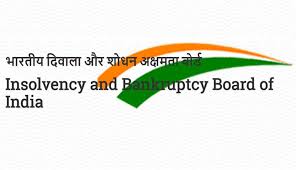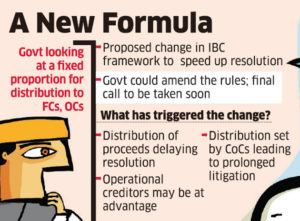 Large unlisted companies may have to make quarterly or half-yearly filings, like their listed counterparts, as the government is considering amendments to the Companies Act to mandate more frequent disclosures in the aftermath of the IL&FS collapse.
Large unlisted companies may have to make quarterly or half-yearly filings, like their listed counterparts, as the government is considering amendments to the Companies Act to mandate more frequent disclosures in the aftermath of the IL&FS collapse.
The ministry of corporate affairs (MCA) is expected to prescribe a threshold for the disclosure requirement as it does not want to burden all companies, as a bulk of them are small companies, sources told TOI. The idea is to track the systemically important companies, which pose a risk to the entire system. “It will be an enabling amendment and MCA will decide on timing and extent of disclosures later,” said a source.
The assessment in the government is that there is a massive lag, often up to 18 months related to annual filings by companies, many of which have been non-compliant in the past. An entity like the beleaguered IL&FS was not on the radar till it collapsed and MCA is hoping that periodic disclosures would reduce the chances of such failures going undetected. Currently, companies are required to annually file the consolidated financial statement, balance sheet, profit & loss account, annual returns, directors’ report and certified true copy of board resolution with the designated RoC.
The proposal to increase disclosures is expected to be part of a set of amendments to be taken up by a group of ministers chaired by home minister Amit Shah, with defence minister Rajnath Singh, finance & corporate affairs minister Nirmala Sitharaman, commerce & industry minister Piyush Goyal and law & justice minister Ravi Shankar Prasad among the nine members of the committee, sources told TOI.
The ministerial panel, referred to as alternate mechanism by the Narendra Modi administration, will largely look at the recommendations of the company law panel, which submitted its report. While MCA was pushing for the introduction of the Bill during the recently concluded Winter Session, the legislation will now be placed before the Parliament as soon as it is cleared by ministers. The ministry is hoping to introduce the Bill during the budget session.
Source: Times of India






